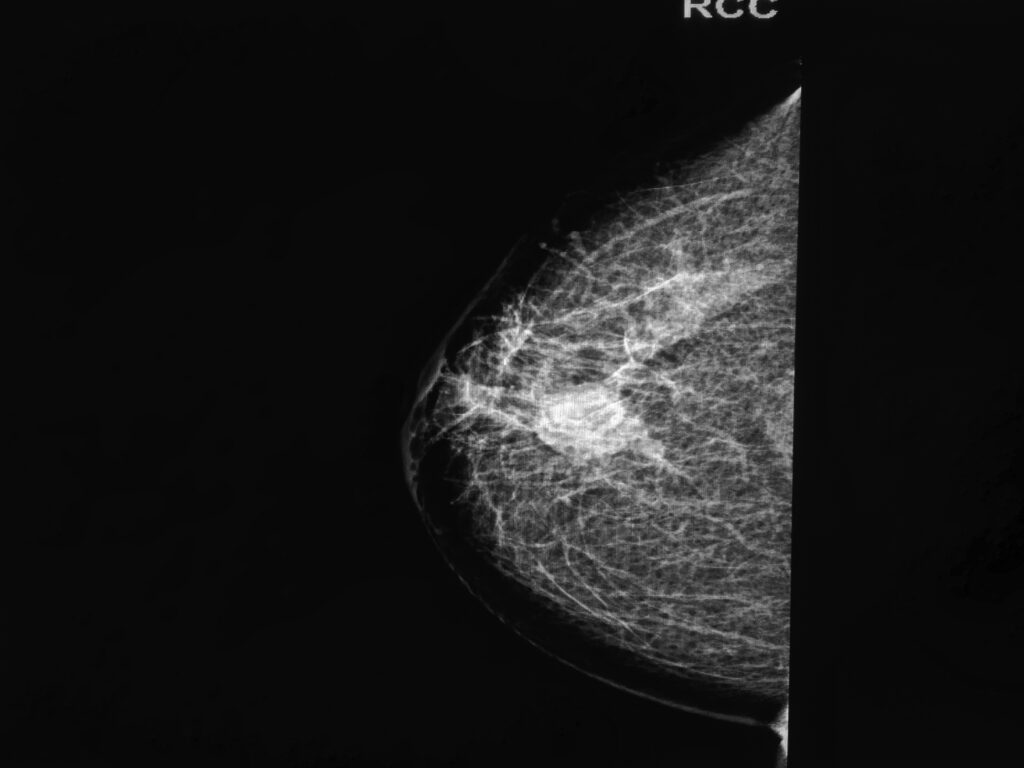
When cancer spreads, it dramatically decreases survival rates. If physicians could predict the likelihood that primary tumors will metastasize, they would be able to choose the best treatment options, but current testing only reviews tumor genetics, which can mutate and change.
Konstantinos Konstantopoulos and a team of researchers are creating a diagnostic tool and method for predicting breast cancer metastasis by looking instead at the tumor cell phenotype.
Called the Microfluidic Assay for Quantification of Cell Invasion, or MAqCI, the tool identifies aggressive breast cancer cells based on their ability to move and squeeze from a feeder channel into narrower channels, as well as their capacity to proliferate. These are two key cell behaviors needed for metastasis.
“MAqCI has the potential to diagnose a tumor’s metastatic propensity and screen therapeutics that target metastasis-initiating cells on a patient-specific basis for personalized medicine,” says Konstantopoulos, the William H. Schwarz Professor of Chemical and Biomolecular Engineering and core member of the Institute for NanoBioTechnology.
“We have also carried out pilot retrospective and prospective studies showing that MAqCI has potential to accurately predict survival expectancy of brain cancer patients. We believe that MAqCI will be a great tool for diagnosis, prognosis, and precision care of patients with solid tumors.” The technology will be developed with support from a Maryland Innovation Initiative award.




